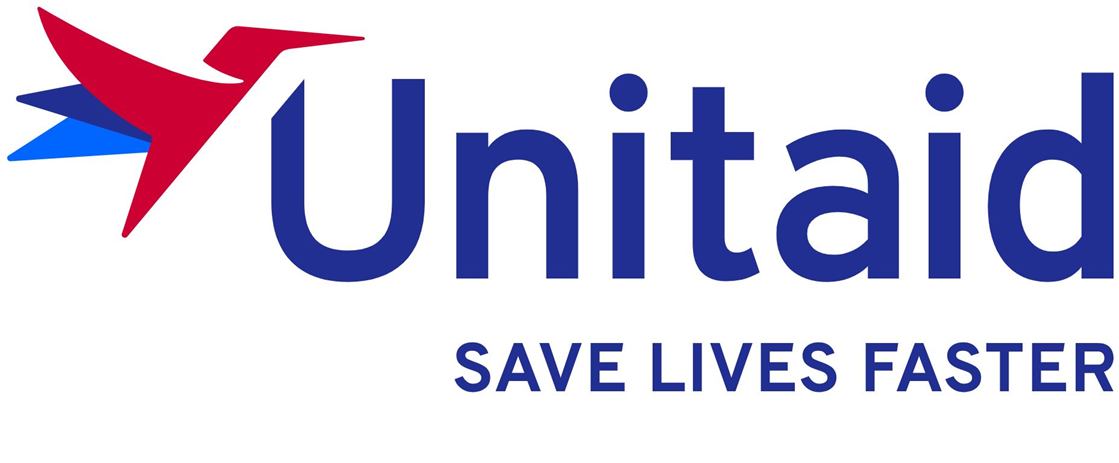Resources
endTB fatal and life-threatening SAE report
Report of fatal and life-threatening adverse events during endTB post-marketing safety surveillance of new and repurposed TB drugs
As part of the endTB project and observational study (2015-2019), rigorous post-marketing safety surveillance for all patients (referred to as "endTB patients") who began MDR/RR-TB regimens containing bedaquiline or delamanid was performed. This safety surveillance conformed to the "advanced" active TB Drug Safety Monitoring and Management (aDSM) package as defined by WHO (WHO/HTM/TB/2015.28).
- endTB Observational Study
Publication: Evaluating newly approved drugs for multidrug-resistant tuberculosis (endTB): study protocol for an adaptive, multi-country randomized controlled trial
Background: Treatment of multidrug- and rifampin-resistant tuberculosis (MDR/RR-TB) is expensive, labour-intensive, and associated with substantial adverse events and poor outcomes. While most MDR/RR-TB patients do not receive treatment, many who do are treated for 18 months or more. A shorter all-oral regimen is currently recommended for only a sub-set of MDR/RR-TB. Its use is only conditionally recommended because of very low-quality evidence underpinning the recommendation.
Publication of the endTB Protocol in Trials
A comprehensive summary of the study protocol of the endTB clinical trial has been published in the peer-reviewed journal Trials. Below you will find the link to the open-access article.
endTB-Q Description Video
Publication: Culture conversion at six months in patients receiving bedaquiline- and delamanid-containing regimens for the treatment of multidrug-resistant tuberculosis
eLearning modules
- Other
The endTB COVID-19 Interim Guidance
This document is designed to give guidance to the endTB Project sites on the response to the COVID-19 outbreak. It is intended to be a resource for physicians and other health care professionals. It is a living document that will be regularly updated and enriched.
- Other
DR-TB Drugs Under the Microscope: 7th edition
This MSF Access Campaign report – now in its seventh edition – covers recent developments, pricing and patent barriers for shorter treatment regimens for TB preventive therapy and newer TB medicines required for the optimal treatment of drug-resistant TB (DR-TB), including an update on pediatric DR-TB formulations.
- Other




